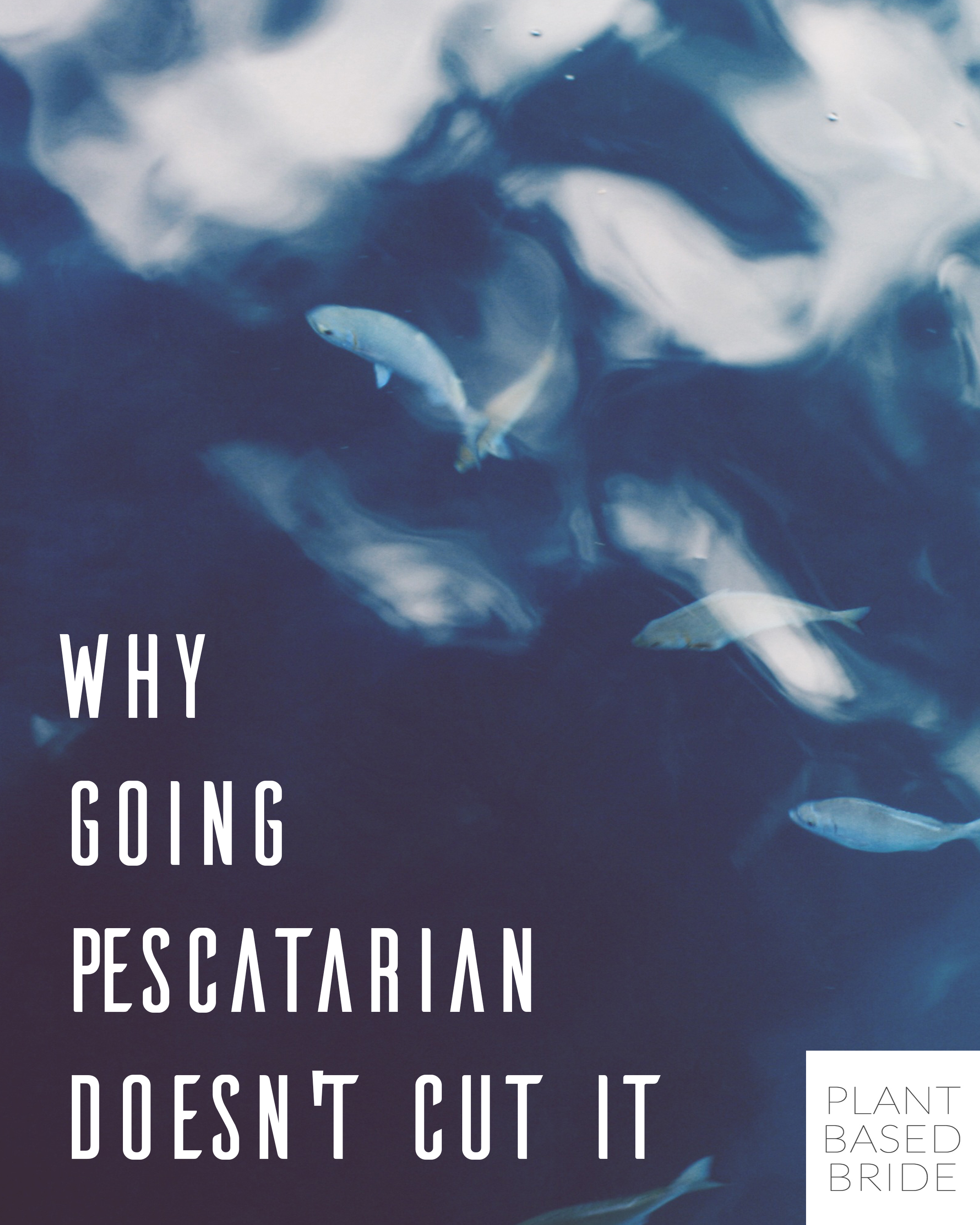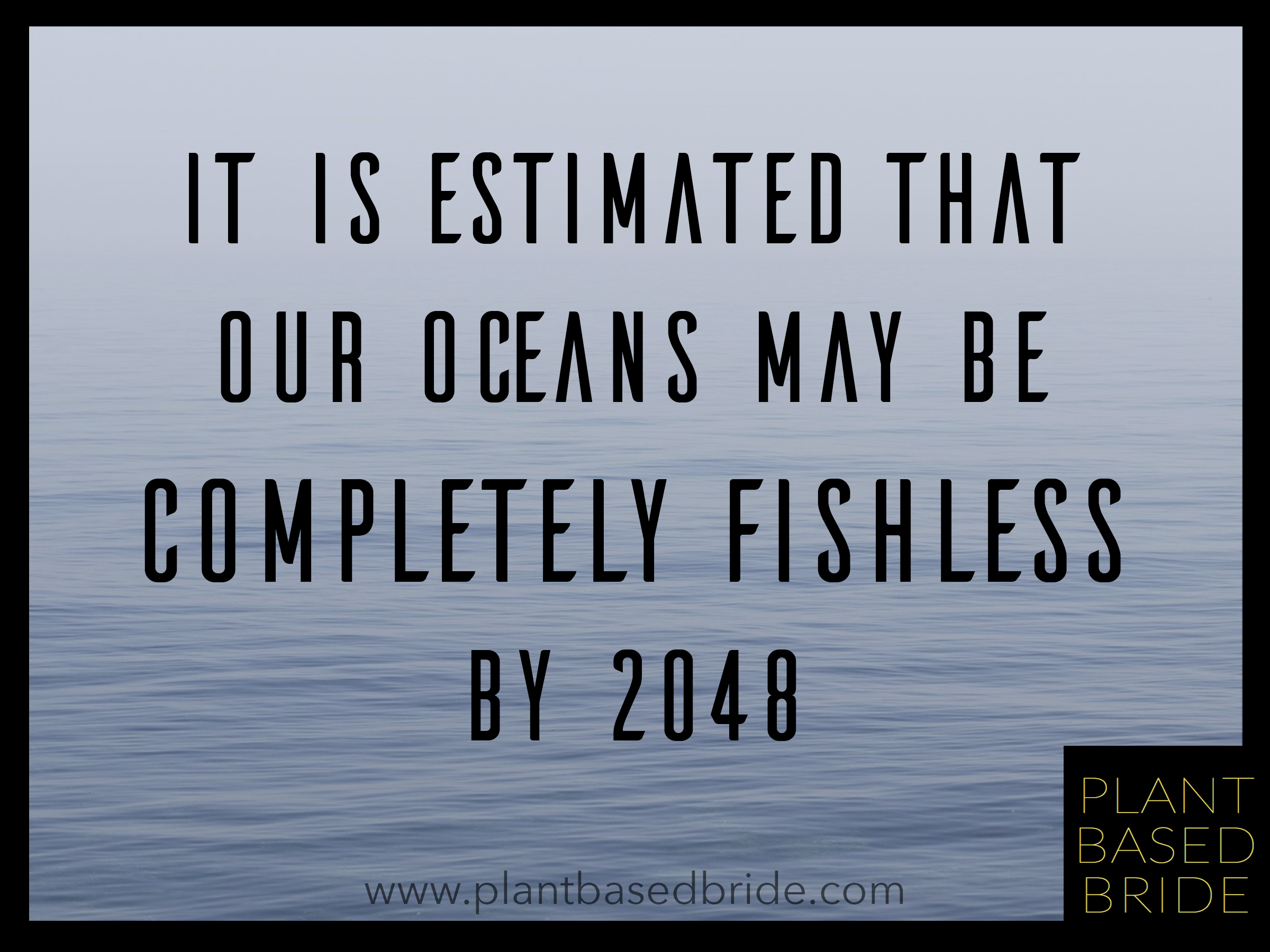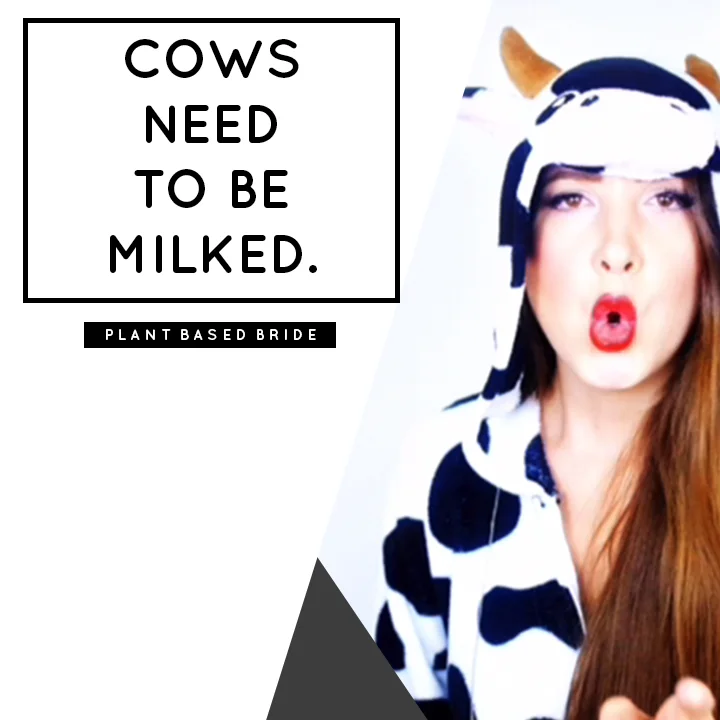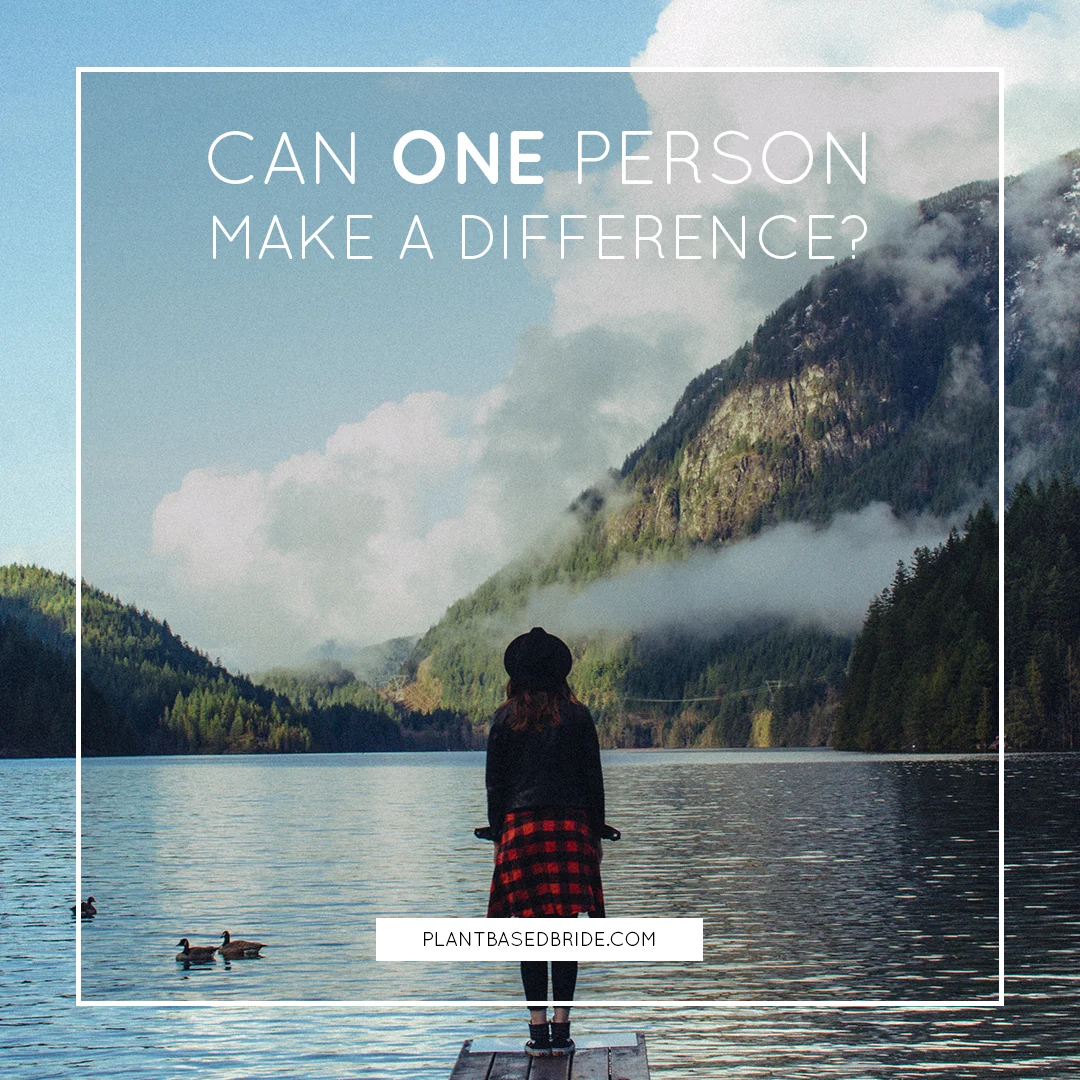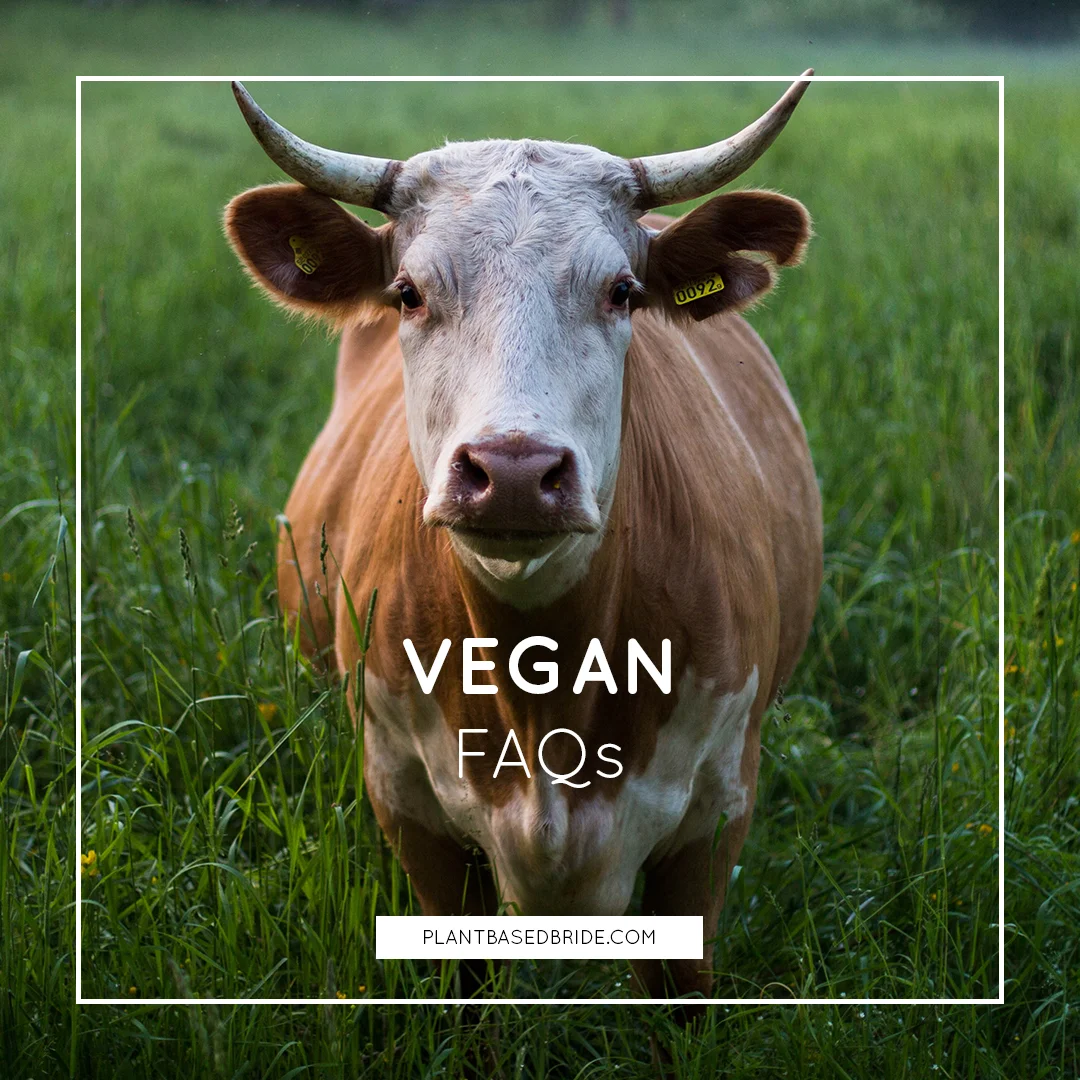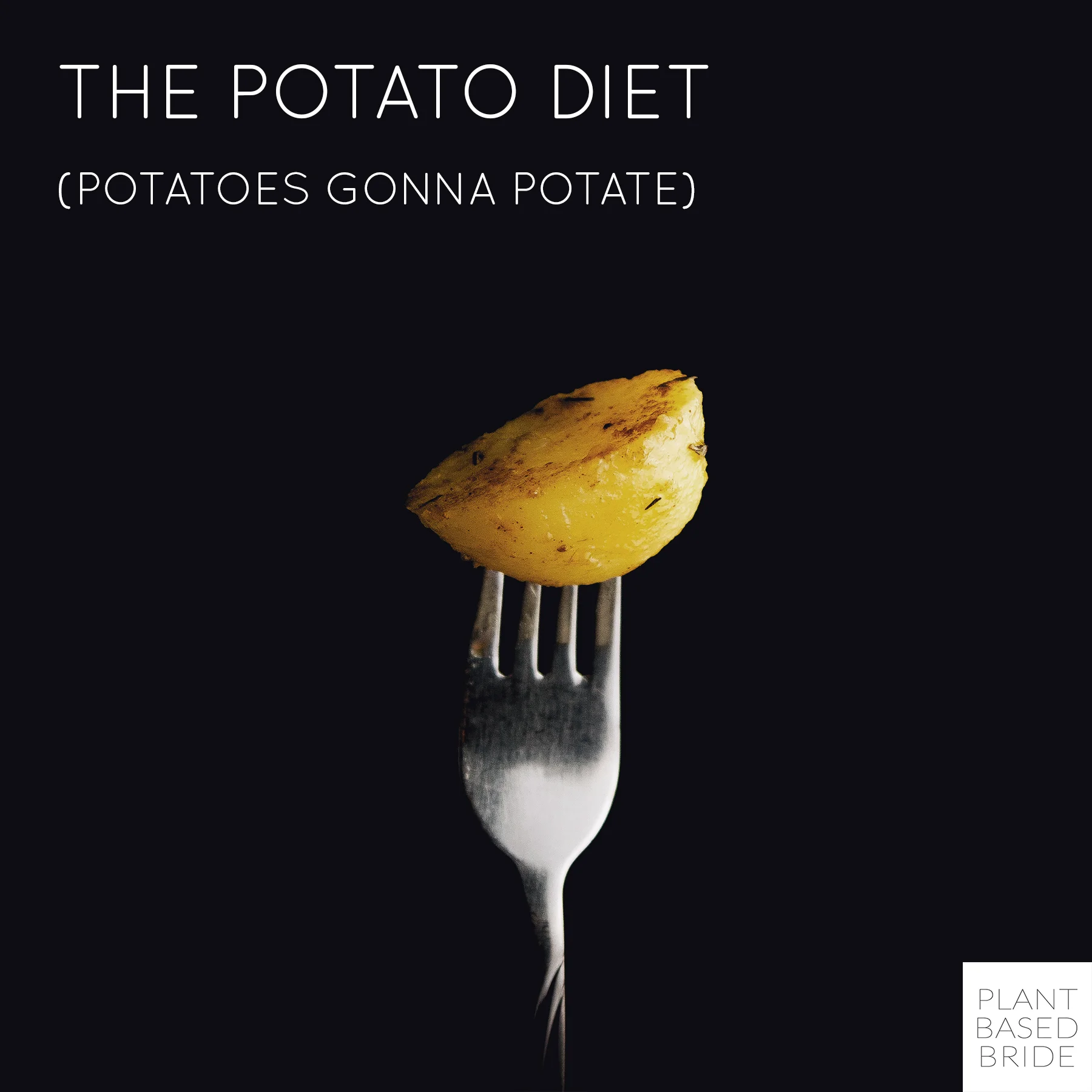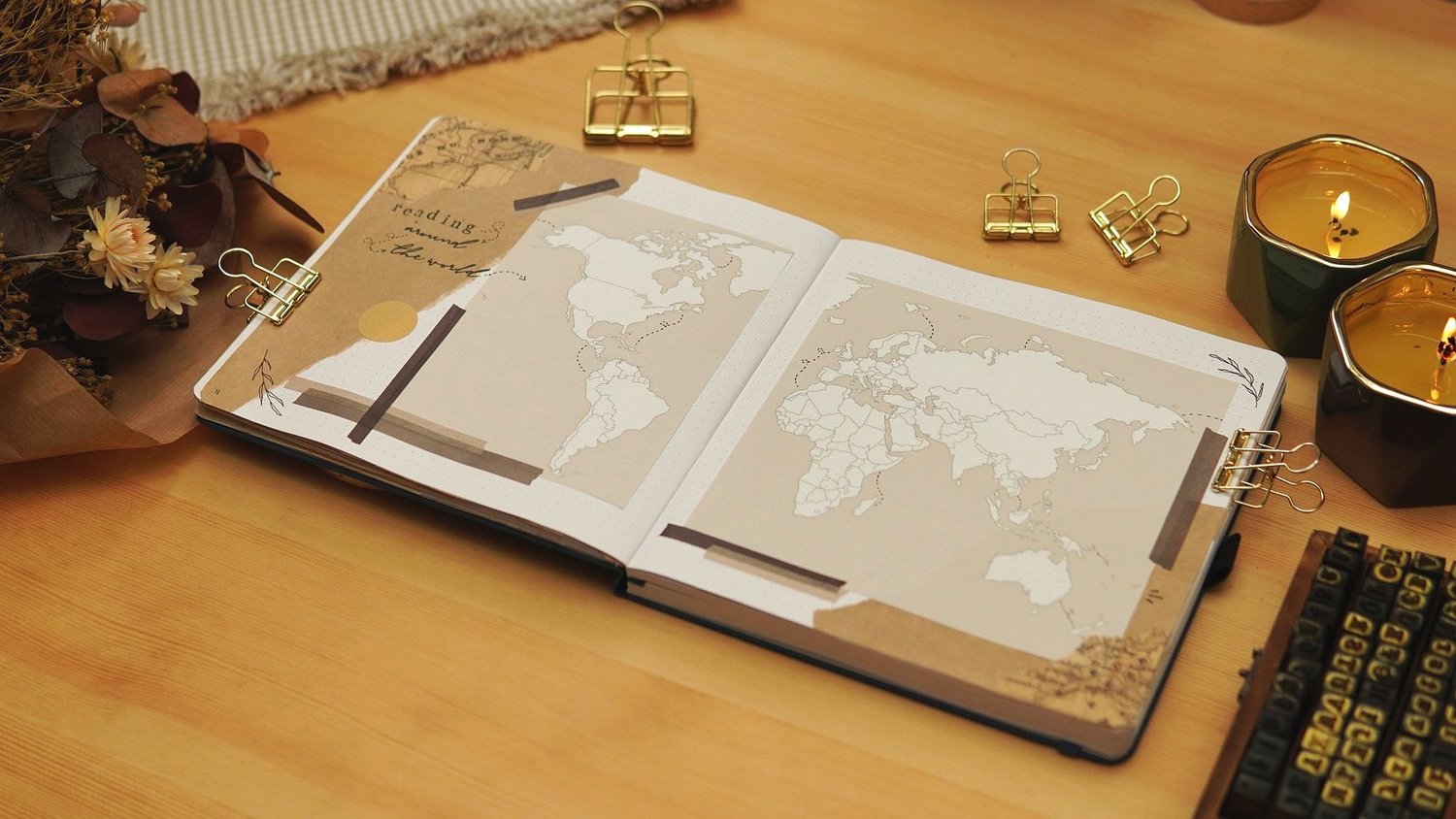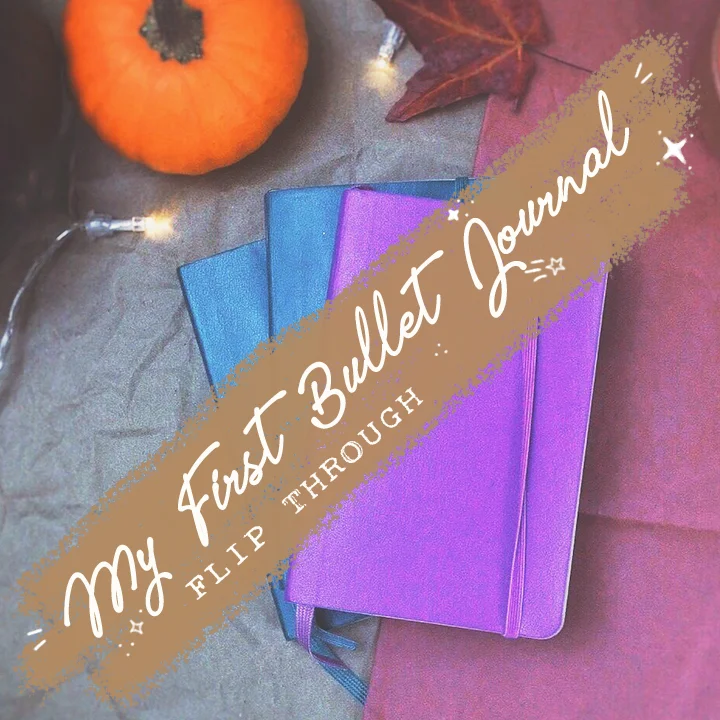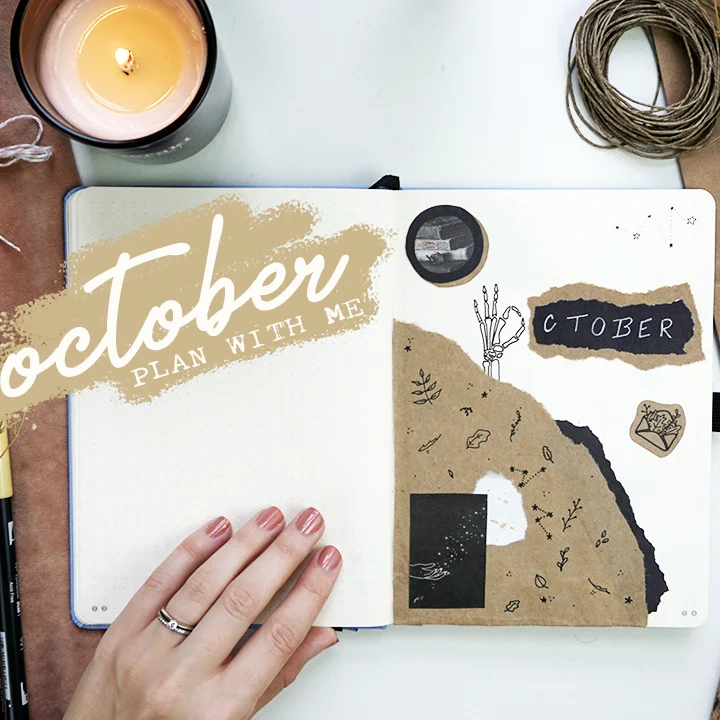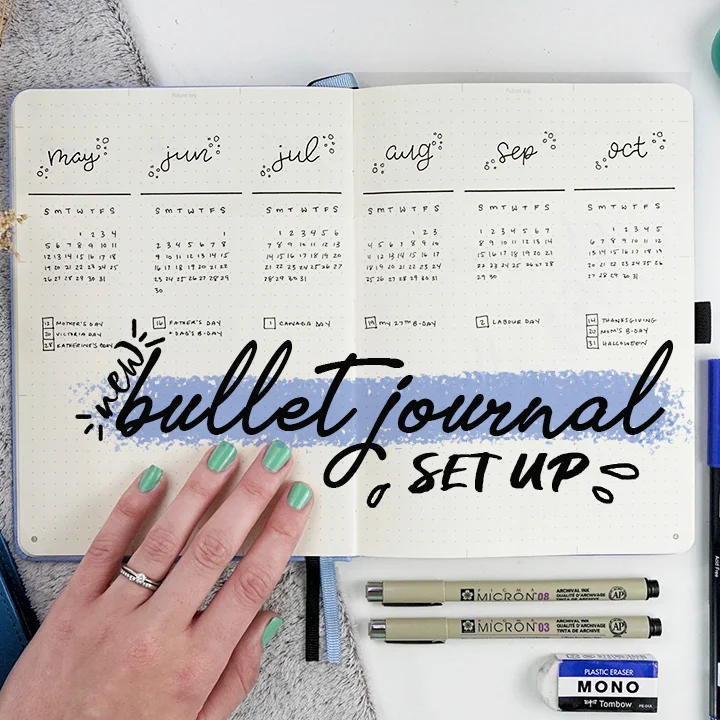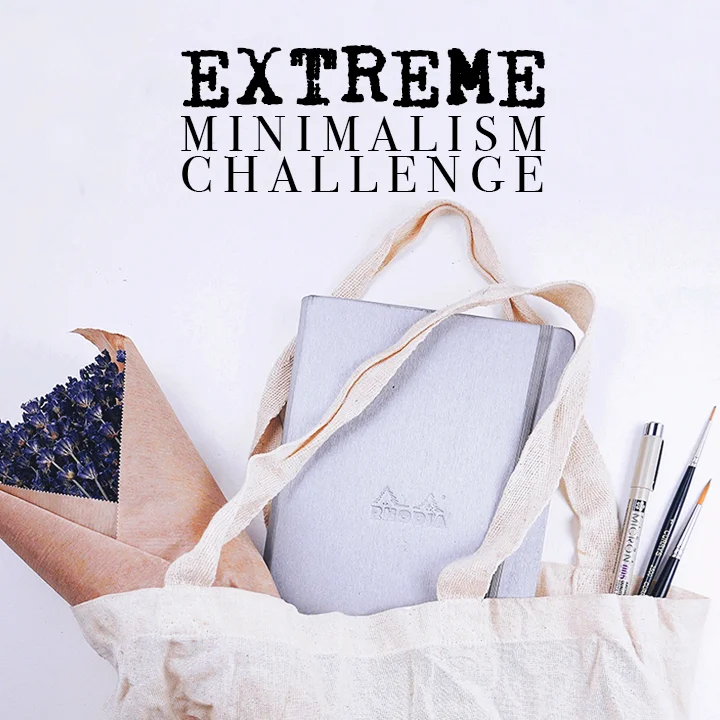
the blog.
Why Going Pescatarian Doesn't Cut It
Often when someone finds out that I'm a vegan they're quick to justify their own choices. "I'm basically a vegetarian, but I NEED bacon!" or "I only eat white meat." or "I'm a vegetarian, but I eat fish." I've always found this last one to be one of the oddest in the bunch. Really, it's the entire "pescatarian" trend that confuses me. Why distinguish between the flesh of sea and land animals? If you avoid the meat of cows and pigs and chickens and turkeys for health or ethical or environmental reasons, why wouldn't you also avoid fish? It seems to me that just like most people have trouble seeing the animals we raise for livestock in the same light as the animals we keep as pets, the majority view fish as living beings lower on the ladder of importance than mammals, and therefore less like us (and less deserving of life). Most of you would NEVER eat a dolphin. But tuna? Why not? I think a big part of this pervasive belief is that people don't fully understand the impact commercial fishing has on our planet and health. Luckily for you, I'm here to fill you in!
Often when someone finds out that I'm a vegan they're quick to tell me about all about their diet. "I'm basically a vegetarian, but I NEED bacon!" or "I only eat white meat." or "I'm a vegetarian, but I eat fish." and the list goes on. I've always found this last one to be one of the oddest in the bunch. Really, it's the entire "pescatarian" trend that confuses me. Why distinguish between the flesh of sea and land animals? It seems to me that if you avoid the meat of cows and pigs and chickens and turkeys for health or ethical or environmental reasons, you would also avoid fish for the exact same reasons. It's clear that just like most people have trouble seeing the animals we raise for livestock in the same light as the animals we keep as pets, the majority view fish as living beings lower on the totem pole than mammals. For most people this ultimately means that fish are just that much more different than us and are therefore less deserving of life. Most of you would NEVER eat a dolphin. But tuna? Why not? I think a big part of this pervasive belief is that people don't fully understand the impact commercial fishing has on our planet and health. Lucky for you, I'm here to fill you in!
Modern day fishing is nothing like the fishing of old. Today, if you want to eat tuna salad for every meal, you can. The big plus? You don't have to catch the fish yourself! Eating fish has become incredibly convenient. But at what cost? Last year more than 28 billion animals were pulled out of the oceans. Twenty eight billion. Many of those animals were not even the targeted species, but a collection of all other living creatures in the area, termed "by catch".
Fishing is, in fact, the primary cause of loss of species in our time. Animals are being removed from our oceans faster than they can possibly reproduce. According to the National Oceanic and Atmospheric Administration, there are approximately 2,215 species of animal listed as endangered or threatened under the Endangered Species Act. This list includes many marine animals such as:
- two species of dolphin;
- thirteen species of whale, including sperm, blue, killer, and beluga;
- six varieties of turtle;
- six species of seal;
- and fifty seven species of fish including trout, sturgeon, hammerhead shark, and salmon.
Fishing not only causes serial depletion (depleting species A, moving on to species B, depleting species B, moving on to species C, depleting species C, and so on) but destroys the aquatic environment and kills many other species as by-kill. The oceans are nearing complete collapse with many large fish species nearing extinction, with 90% of our oceans' large fish species having already gone extinct in the past 50 years. It is estimated that our oceans may be completely fishless by 2048. That's right, our oceans may be empty of life in a mere 33 years. I want my grandchildren to experience swimming with the fishes, don't you?
So how come fishing is causing so many non-targeted animals to be killed as by-kill? To understand this, you need to understand how commercial fishing is done.
Long-lines are lines as long as 75 miles covered in hundreds of thousands of baited hooks. While some animals drown or bleed to death in the water, the majority remain alive and struggling until they are reeld into the boat to their slaughter. Each year billions of animals including sharks, sea turtles, birds, and dolphins are injured or killed by long-lines.
Gill Nets ("walls of death") are huge nets ranging in size from 200 feet to more than a mile long which are weighted at the bottom and floated at the top, then left unmonitored for days at a time. The sharp mesh is difficult to see and all but the smallest fish get stuck. If they try to back out the mesh catches them by the gills or fins causing them to suffocate, and if they struggle too violently they will often bleed to death. Any fish who remain alive once on deck are ripped out of the net by hand and suffocate or cut open while still living. Deep sea fish often suffer from decompression, meaning that the change in pressure is so extreme that their stomachs are forced out of their mouths.
Purse Seines are under fire for sometimes catching dolphins in the nets, but are usually intended to catch tuna. Fishers track pods of dolphins, commonly found swimming with tuna, and drop a net to surround the school. The edges of the net are slowly cinched together trapping hundreds of tuna. These fish are almost all conscious when their gills are slit and they are disemboweled.
Bottom trawlers are pretty much what they sound like. These large bag-like nets are dragged across the ocean floor, picking up everything in their path. And by everything, I mean every fish, mammal, stone, and plant. Metal plates on each end weigh down the net and stir up sediment to force fish into it. This method of fishing turns the ocean floor into a clean slate, and not in a good way. Bottom trawling is extremely similar to clear-cutting a forest. These nets can hold hundreds of tons of animals at one time, sometimes crushing them so strongly between each other and the net that their eyes pop out. Fish are dragged along the ocean floor with rocks, coral, and debris for hours, grinding their scales off. Any fish left alive when they are brought to the surface will experience the same agonizing decompression I described earlier.
As you can see, not only is commercial fishing bad for the species we are hoping to catch (those survivors who don't have their gills cut while still alive to bleed to death are put on ice to slowly freeze or suffocate, a process which takes a very long time for cold-blooded animals like fish. It is estimated that it takes up to 15 minutes of intense pain before most fish lose consciousness.) but also for the nearly 1,000 marine mammals who are caught daily as by-catch and thrown back into the water to be killed by swarming birds or bleed to death, if they hadn't already died due to the torture they were subjected to.
Fish and Your Health
As if these environmental reasons weren't enough to discourage anyone from eating fish, it also has numerous ill effects on your health. It is advised that pregnant women and children completely avoid those species of fish that have been found to contain high levels of mercury due to their negative impact on developing nervous systems as well as their accelerating effect on arthrosclerosis (a hardening of the arteries which leads to heart attacks and strokes). Fish also contain PCBs and dioxins which have been linked to cancer and reproductive problems and are a major cause of food-borne illness.
Fish is made up of as much as 60% fat, which contributes to obesity and diabetes. Fish also contains cholesterol, at an even higher proportion of cholesterol per calorie than red meat. Fish contains substantial amounts of animal protein, which as we now know, contributes to bone loss and osteoporosis. In fact, the Inuits (widely known to consume the highest percentage of fish in their diet in the world) have the highest rates of osteoporosis on the planet. It has been found that both male and female Inuits have anywhere from 10-15% higher bone loss than those of Caucasian descent in the United States of the same age. This is despite a consumption of up to 2,500 mg of calcium a day (a majority of which comes from fish bones).
You might also like: Building Strong Bones With Plants and Should You Worry About Your Body's pH?
What about fish oil supplements?
Fish oil supplements cause LDL (the bad cholesterol) to rise in those that take it, even in those supplements which have had the cholesterol removed through purification. It was found in one study that fish oil treatment did not promote favourable changes in atherosclerotic coronary arteries' diameters, even after 2 years. Fish oil has another less than desirable effect: it supresses our immune system. As you know, a suppressed immune system is less able to fight of infections and diseases, including cancer. Fish oil has also been found to cause severe bleeding.
All in all, it's clear to see that not only is choosing to eat fish a choice to diminish our health but a choice to corroborate in the torture and slaughter of billions of intelligent, feeling, animals every single year. Going pescatarian isn't the path towards health, it's the path towards death; for us and our planet's aquatic life. I don't eat fish because I want to live a long, healthy life in which visits to the ocean include marine life sightings, rather than swimming in a glorified pool, devoid of living things. What does eating fish do for you that is so great it outweighs the harm? I think you'll find with a bit of reflection that the answer is: "Nothing."
Until next time,
What are your thoughts on the fishing industry? Join the conversation below and on social media! (Use the hashtag #plantbasedbride so I can find your posts and tag me, @elizabethturn, on instagram and twitter!)
Don't forget to subscribe to the Plant Based Bride newsletter to be notified when new posts are published, get news & updates, and receive a FREE goal setting printable to go along with my 5 Steps for Setting Great Goals blog post!
Further Reading & Sources
http://www.earthsave.org/news/03summer/fish.htm
http://www.consumerreports.org/cro/2012/08/the-benefits-and-risks-of-eating-fish/index.htm
http://www.peta.org/issues/animals-used-for-food/factory-farming/fish/commercial-fishing/
The Ultimate Wedding Planning Timeline!
This week Jason and I celebrated our one year anniversary, which means we're now less than a year away from our wedding! While this makes me incredibly excited (I might have squealed for a second...) it also makes me more than a bit nervous. Only a year until our wedding?? How could we possibly get everything done? What needs to be tackled first? What do I do?? But luckily, being the organized bride-to-be that I am, I'd already compiled a list of tasks to get done before the wedding a couple of weeks after our engagement. Once I'd listed everything that came to mind I headed to Pinterest and searched for "wedding planning timeline". I then proceeded to repin every search result and add anything I'd missed to my list. By the end of a couple of hours I had a pretty comprehensive list, and I realized that other engaged couples may benefit from it! So here it is, the ultimate wedding planning timeline to keep you organized right up until your big day!
This week Jason and I celebrated our one year anniversary, which means we're now less than a year away from our wedding! While this makes me incredibly excited (I might have squealed for a second...) it also makes me more than a bit nervous. Only a year until our wedding?? How could we possibly get everything done? What needs to be tackled first? What do I do?? But luckily, being the organized bride-to-be that I am, I'd already compiled a list of tasks to get done before the wedding a couple of weeks after our engagement. Once I'd listed everything that came to mind I headed to Pinterest and searched for "wedding planning timeline". I then proceeded to repin every search result and add anything I'd missed to my list. By the end of a couple of hours I had a pretty comprehensive list, and I realized that other engaged couples may benefit from it! So here it is, the ultimate wedding planning timeline to keep you organized right up until your big day!
Without further ado, here's the ultimate wedding planning timeline! Pin it to your wedding board on Pinterest to refer to as you plan your big day!
Jason and I have almost completed the 12+ months before checklist. Not bad for two people as busy as we are! If you found this post helpful please share it with your friends and family who are planning their wedding. We've got to help each other out. This process is pretty daunting alone!
Until next time,
Follow me on Pinterest to see all of my wedding pins! I have FOUR dedicated wedding boards!
Head over to my profile to see the other two, Planning the Big Day and The DIY Wedding!
Don't forget to subscribe to the Plant Based Bride newsletter for updates and a FREE goal setting printable! xox
Should You Worry About Your Body's pH?
Have you ever heard someone talk about alkalizing their body? Or avoiding a food because it's too acidic? Did you think to yourself: "Wow, that health-nut has reached a new level of crazy!"? There was a time I would have agreed with you, that spending time worrying about your body's pH was going too far down the road to orthorexia, but after more time and research I've discovered that maintaining a balanced pH should be more than a blip on your radar if you're looking to create an environment for optimal health. (Am I the only one who just imagined a futuristic, sleek, blinking health-radar? I am? Never mind, then...) And aren't we all looking for a way to live a longer, happier, disease-free life?
Have you ever heard someone talk about alkalizing their body? Or avoiding a food because it's too acidic? Did you think to yourself: "Wow, that health-nut has reached a new level of crazy!"? There was a time I would have agreed with you, that spending time worrying about your body's pH was going too far down the road to orthorexia, but after more time and research I've discovered that maintaining a balanced pH should be more than a blip on your radar if you're looking to create an environment for optimal health. (Am I the only one who just imagined a futuristic, sleek, blinking health-radar? I am? Never mind, then...) And aren't we all looking for a way to live a longer, happier, disease-free life?
What's pH again?
If it's been a while since high school, you may have forgotten all about pH. And that's ok! (That's what I'm here for.) pH measures the hydrogen ion concentration of a given solution. High concentrations of hydrogen ions result in a low pH rating and low concentrations of hydrogen ions result in high pH rating. If that sounds backwards to you, you aren't alone. But it all makes sense scientifically, I promise!
The pH scale ranges from 0 to 14, where 0 is the most acidic, 7 is neutral, and 14 is the most basic (or alkaline). See below for examples of different substances and their pH value.
Image from schoolofpermaculture.com
What is your body's pH?
The optimal pH for human blood and tissues is in a very small range, between 7.35 and 7.45 on the pH scale (slightly alkaline). Unfortunately, the average modern diet results in a slightly acidic body of around 6.6 or lower. While 7.4 is the perfect pH level for many tissues in the body, there are some areas that require different levels to properly carry out their function. As you can see in the graphic above, stomach acid is a 1 on the scale, requiring tissue ranging from 1.35-3.5 on the inside layers to 6.9 on the outer layers of the stomach to prevent injury. We see a similar phenomenon in the vagina, where a pH of less than 4.7 protects against microbial overgrowth.
When we are born our bodies are perfectly balanced, but as we grow and make our own food choices our pH shifts. Unfortunately for us, any shift away from the small range of ideal pH values results in negative effects on our health.
Why is body pH important?
The human body has evolved to exist in an alkaline state. It can't thrive in an acidic one, and when it remains in an acidic state for too long many health problems start to develop. An acidic body causes insulin sensitivity (which leads to weight gain), reduces the amount of oxygen delivered to cells, accumulates cholesterol in arteries, causes tissues to regenerate more slowly (resulting in early signs of aging), and backs up the body's elimination system (keeping toxins in the body for longer than they should be). Luckily for us, there are controls in the human body that resist swinging too far in either direction. But even a small change in either direction can cause unpleasant side-effects.
The acidic body
The average person of today eats a diet low in magnesium, potassium, and fibre while rich in saturated fat, simple sugars, and sodium. This kind of diet can result in metabolic acidosis (an acidic body). The effect is exaggerated in the aging population, as there is a gradual loss of renal acid-base regulatory function over time (the kidneys lose their ability to balance the body's pH effectively).
Why should you care about metabolic acidosis? Because it can lead to osteoporosis as well as fatigue, headaches, insomnia, breathing difficulties, heart palpitations, hot and dry skin on the hands and feet, increased stress and anxiety, inflammation (which can result in arthritis), and supported growth of abnormal cells. To explain how acidosis can lead to osteoporosis, let me quote my post Building Strong Bones with Plants:
"So what happens when the animal protein in milk lowers our pH below the optimal level? Your body, recognizing the need to alkalize, goes in search of a substance to do the job. It finds phosphate, which is great at neutralizing strong acids and bases. And where does your body find phosphate? In the calcium phosphate salts that are the structural component of your bones and teeth. The body pulls the calcium phosphate stored in the bones out into the blood to alkalize it, using the phosphate for that purpose and excreting the calcium in the urine.
That's right, when you eat or drink animal products, including cow's milk, you cause calcium to be pulled from your bones and peed out.
Over time, this drawing on calcium phosphate reserves to neutralize the acid-forming effect of animal protein can lead to structural weakness in your bones and teeth (or osteoporosis). Not only that; increasing your calcium excretion through the genito-urinary system can raise your risk of developing calcium-rich kidney stones."
It is estimated that the amount of calcium lost in urine in humans eating the average modern diet over 20 years could be as much as 480gm, or half the skeletal mass of calcium. While urinary calcium loss is not a direct indicator of osteoporosis, this number is staggering.
Are you starting to worry about your pH yet?
The alkaline body
With an interest in keeping perspective, I feel it's important to mention that while an acidic body is not healthy, neither is a body that is too alkaline. Alkalosis (a body with a pH over 7.45) can cause confusion, light headedness, nausea, and twitching or numbness of the muscles.
Which foods promote a healthy pH in the body?
As you can see from this list, all of the alkalizing foods are vegan, while all animal products cause acid formation in the body. Choosing a vegan diet automatically shifts your pH closer to ideal by way of eliminating animal protein, and reducing your consumption of grains, simple sugars, alcohol, and processed foods will improve your pH balance even further! Hopefully this post has demystified body pH for you and shown you how very easy it is to improve your pH balance, especially on a plant based diet!
Until next time,
Have any questions or opinions about pH? Speak your mind in the comments below or on social media!
Are you following me? Find me on Facebook, Twitter, Instagram, and Pinterest!
Don't forget to subscribe to the Plant Based Bride newsletter below the comment section for updates and a free goal setting printable!
How To Start Your Day Off On The Right Foot! Becoming a Morning Person
Everyone wants to start their day off on the right foot, right? You want to wake up refreshed and energetic, ready to go! Unfortunately I'm not a morning person, and often when I need to wake up earlier than 10 am my whole day can get a bit thrown off by grouchiness and brain fog. Most of the time I don't get high quality sleep and wake up often throughout the night, every night. But no more! I've gone on a rampage lately reading all of the articles on becoming a morning person and getting better sleep that I could possibly find and making lists of things that I've noticed help me to wake up feeling more rested and ready to start my day. I decided to compile these things into an article for myself and anyone else who may be struggling with the same issues as I have, with the hopes that it will help at least one other person. I hope not only to be able to wake up at 8am every single morning, but to want to! If that's you, too, read on!
Everyone wants to start their day off on the right foot, right? You want to wake up refreshed and energetic, ready to go! Unfortunately I'm not a morning person, and often when I need to wake up earlier than 10 am my whole day can get a bit thrown off by grouchiness and brain fog. Most of the time I don't get high quality sleep and wake up often throughout the night, every night. But no more! I've gone on a rampage lately reading all of the articles on becoming a morning person and getting better sleep that I could possibly find and making lists of things that I've noticed help me to wake up feeling more rested and ready to start my day. I decided to compile these things into an article for myself and anyone else who may be struggling with the same issues as I have, with the hopes that it will help at least one other person. I hope not only to be able to wake up at 8am every single morning, but to want to! If that's you, too, read on!
Prep the night before.
Set out your clothes and pack your lunch.
Whether you're working out first thing, heading into an office, or working from home, set out your clothes the night before so that you can quickly get dressed and start your day! Packing your lunch the night before, if you'll be away from home for the midday meal, will save time in the morning for more important tasks. I like to pack my lunch from leftovers from dinner. As soon as we finish eating, I'll split the leftovers into tupperware for myself and Jason. Quick and easy!
Do the dishes.
I know you don't want to, but do them. Not only will they be easier to clean right away, but when you wake up in the morning you'll have a clean kitchen to eat breakfast in! If that isn't a mood booster, I don't know what is.
Go to bed early.
This one is so hard for me, but makes the biggest difference. Go to bed early! It doesn't have to be before 10, but if you're regularly up past 1 am you're probably not going to be feeling energetic and awake by 7 or 8. Start incrementally adjusting your bed time earlier until you reach a time that works for you: not so early that you feel it's interrupting your life, but not so late that you can't comfortably wake up at the time you want to. What would you rather spend your time doing? Staying up late watching Netflix or waking up early and feeling focused enough to get things done? Give it a try. The results may surprise you!
Don't drink caffeinated beverages too late in the day.
Different people react differently to caffeine, but no matter what it acts as a stimulant. Drinking coffee or caffeinated tea too late in the day can really affect your sleep, making the next day a drowsy one. I've tried to avoid all caffeine past 2 pm after some sleepless nights, but for you the cut off time may be different. If you're having trouble getting to sleep or sleeping well try reducing caffeine and/or moving its consumption to earlier in the day and you may notice an improvement!
Stop eating 12-16 hours before you want to wake up.
Need to reset your biological clock? Try fasting for the 12-16 hours before you'd like to wake up! New research from Harvard Medical School has shown that this method is very effective in quickly adjusting a person's sleep-wake cycle. Read more about why this works here.
Set your alarm and mean it.
Set your alarm for the time you actually want to get up, not earlier to allow for snoozing. Doing this will help train you to get up when your alarm goes off, rather than struggling to get out of bed after hitting the snooze button 3 times and almost being late to work!
Put your alarm across the room.
Put your alarm across the room so that you have to get up to turn it off. Any time I've done this in the past I've found myself falling back asleep much less frequently! It's a great, simple, way to get yourself up and moving right away, with no snooze!
Stay off electronic devices an hour before bed.
I know I don't have to tell you, but I know that I can always use a reminder on this one. I can be pretty attached to my devices, and have fallen asleep with my phone in my hand more times than I'd like to count... But, I'm starting a new rule for myself: no phone, iPad, or laptop an hour before bed. I can set my alarm on my phone and put it across the room from my bed and just focus on spending quality time with my fiancé, with no distractions. Give it a try! The light from our devices is proven to reduce melatonin production and throw off sleep cycles. Try setting your phone to airplane mode to discourage you from using it. Following this rule just might make your mornings brighter!
Make your bedroom an ideal sleeping environment.
Keep it dark, and slightly cool for the best sleep possible. You'll also want to make sure that your mattress and pillows are supporting you properly while giving enough support. Try Loom & Leaf for incredible plant based memory foam mattresses!
Related Blog Post: 5 Steps for Setting Great Goals
In the morning...
Don't hit snooze.
First things first. Don't hit snooze! Once you get up to turn your alarm off (you did put your alarm across the room, right?) stay up. Don't let your warm, comfy bed call you back. You have things to do and a life to live! So get to it.
Smile.
When you smile, you get happier. Use this to your advantage! When you wake up early and need a kick to get going, get your smile on. It's guaranteed to make you feel a little bit peppier, and isn't that the only real difference between a morning person and a not-so-morning person?
Drink water.
If you're anything like me, you wake up dehydrated. I always fill a large glass of water and drink the whole thing before I even get out of bed! Many people are chronically dehydrated, causing them to feel weak, lightheaded, constipated, and to struggle with headaches. Try getting yourself a large glass or water bottle and tracking how many times you refill it in a day. Challenge yourself to drink more than you did yesterday! You'll quickly notice an improvement in your focus and energy when your water consumption reaches appropriate levels.
I have two of these 32oz Mason Jar Tumblers and LOVE them!
Keep your phone on airplane mode.
This is a REALLY hard one for me, but it can really change the course of your day. If you followed my advice for the night before, your phone SHOULD already be on airplane mode. This makes it easy! Just leave it like that until your finished with your morning routine. For me that means getting up, having a coffee, spending time with my fiancé, eating breakfast, working out, doing some yoga, and having a shower. I try to get all of these things done before checking emails, going on social media, or responding to texts. It's nice to have dedicated time each day to be in the present moment, with my man, without distraction. I find that when I succeed at this step I am a much happier person all day long!
Have a cup of coffee.
Opinions on coffee vary, but I find that a nice black cup of joe in the morning is a great pick me up with no noticeable ill effects. There is even evidence that coffee helps to burn fat and reduces muscle soreness when consumed before a workout! I like to add some cinnamon to my coffee for a bit of flavour and lots of positive health benefits, then hit the mat!
Workout.
We all know that physical activity is good for us. So why do so few of us do it? It can be so easy to fall out of a workout routine, but regular exercise keeps us fit, happy, healthy, and energetic! It also improves your sleep at night, which in turn improves your days, making you more likely to workout! (See how awesome this cycle is?) If you're out of shape or not a fan of exercise, try a morning walk with your significant other, kids, or pet. On days I'm not feeling up for a tough resistance workout or extended cardio I like to roll out my mat and escape into yoga. The great thing about practicing yoga is that it can be whatever you need it to be, and however strenuous you want! I love to buy nice workout gear for motivation. Give it a try!
Meditate.
Try meditation! It can reduce stress, improve brain functioning, increase happiness, improve metabolism, increase attention span, and so much more! Give it a try, even for only 5 minutes a day, and see if it impacts your life for the better!
Eat a great breakfast.
Make sure to fuel your body properly, right from the get-go. I like to fill up on lots of fresh fruit like bananas and apples for energy and a whole host of nutrients!
Play music you like.
Still not enjoying your earlier mornings? Try creating a happy, upbeat playlist of songs you love to put on as soon as you wake up, or even as your alarm! Music can really effect your mood, so use its power for good and get your morning vibes on!
I hope these tips help you on your journey to becoming a morning person. I'm on that path myself, and will be checking in to let you know how it's going and share more tips and tricks as I discover them!
Until next time,
Are you a morning person or a night owl? What's your favourite part of your morning routine? Let me know in the comments below and on social media! (@elizabethturn on instagram and twitter!)
Subscribe to the Plant Based Bride newsletter for updates and a free goal setting printable to go along with my 5 Steps for Setting Great Goals post!
Looking for something to read next? Check out my blog post archive!


